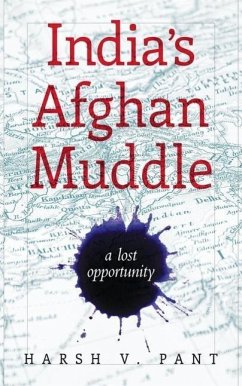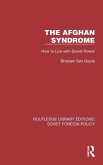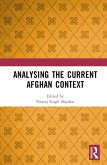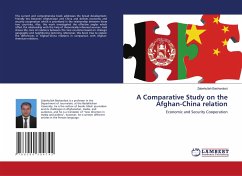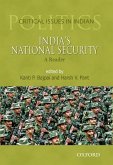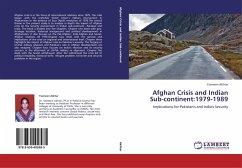It's 2014. Afghanistan's biggest watershed since 2001, the year the war on terror began, is upon it. American forces are in themiddle of a pullout that is likely to result in a much smaller US military foorprint after this year. On the face of it, the stage is set for India-a regional power with global aspirations-to rise to the occasion, bank on its goodwill, and help rebuild the nation. But presented with a golden opportunity, India has been found wanting. This book examines the changing trajectory of Indian policy owards Afghanistan and argues that New Delhi has beenresponding to a strategic environment shaped by other actors, without developing an autonomous posture. By refusing to be proactive, India has lost the initiative and done some long-term damage to its vital interests, the least of which is gaining access to the energy-rich central Asian region while the biggest is to foil Pakistan and the Taliban's designs of once again rising to prominence in Afghanistan.The way in which India's foreign policy shapes up this year-or if it does at all-will determine the consequences for Indian security once Western forces depart. As Afghanistan braces for the most important year in its political history since 2001, India's Afghan Muddle sets the terms for the debate on why2014 is no less important for India as well.
Hinweis: Dieser Artikel kann nur an eine deutsche Lieferadresse ausgeliefert werden.
Hinweis: Dieser Artikel kann nur an eine deutsche Lieferadresse ausgeliefert werden.

